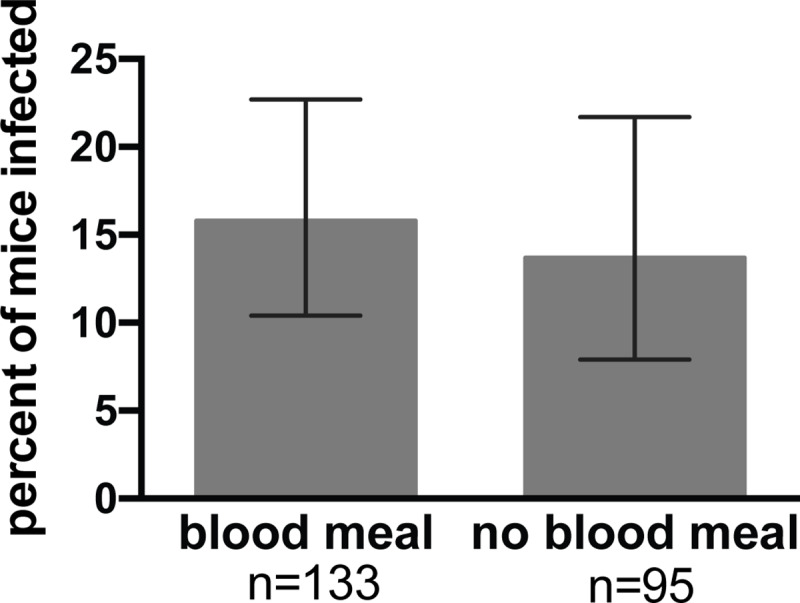Fig 1. Acquisition of a blood meal by the biting mosquito is not associated with the successful transmission of Plasmodium.

Single mosquitoes were allowed to probe on individual mice until they obtained a blood meal or lost interest in probing. Following this, mosquito midguts were inspected for the presence of blood, salivary gland sporozoite loads were measured, and mice were followed for blood stage malaria infection. Shown is the percent of mice that became infected after being probed upon by mosquitoes that were or were not successful in obtaining a blood meal. Error bars show 95% confidence intervals calculated using Jefferey’s intervals for binomial distribution [66]. Logistic regression analysis of the probability of infection demonstrates that the acquisition of a blood meal has no impact on the likelihood of malaria infection (p = 0.705). n = total number of mice in each group. Shown are pooled data from 10 independent experiments with 10 to 45 mice per experiment. All experiments in which probe time was not controlled are included in this analysis for a total of 228 mosquito/mouse pairs.
